Do you love cruising around town in your classic car, but have recently noticed that your coil is getting hot?
Don't panic! We've got the answers you need to keep your ride running smoothly.
Some of the common reasons why your classic car coil is getting hot include:
- Worn-out coil
- Poor connections
- Faulty spark plugs
In this article, we'll explore the reasons why your classic car coil might be heating up and provide you with easy solutions to fix the problem. Keep reading for a smoother ride!
Why Is My Classic Car Coil Getting Hot?
If you're experiencing a hot classic car coil, it's important to understand why it's happening.
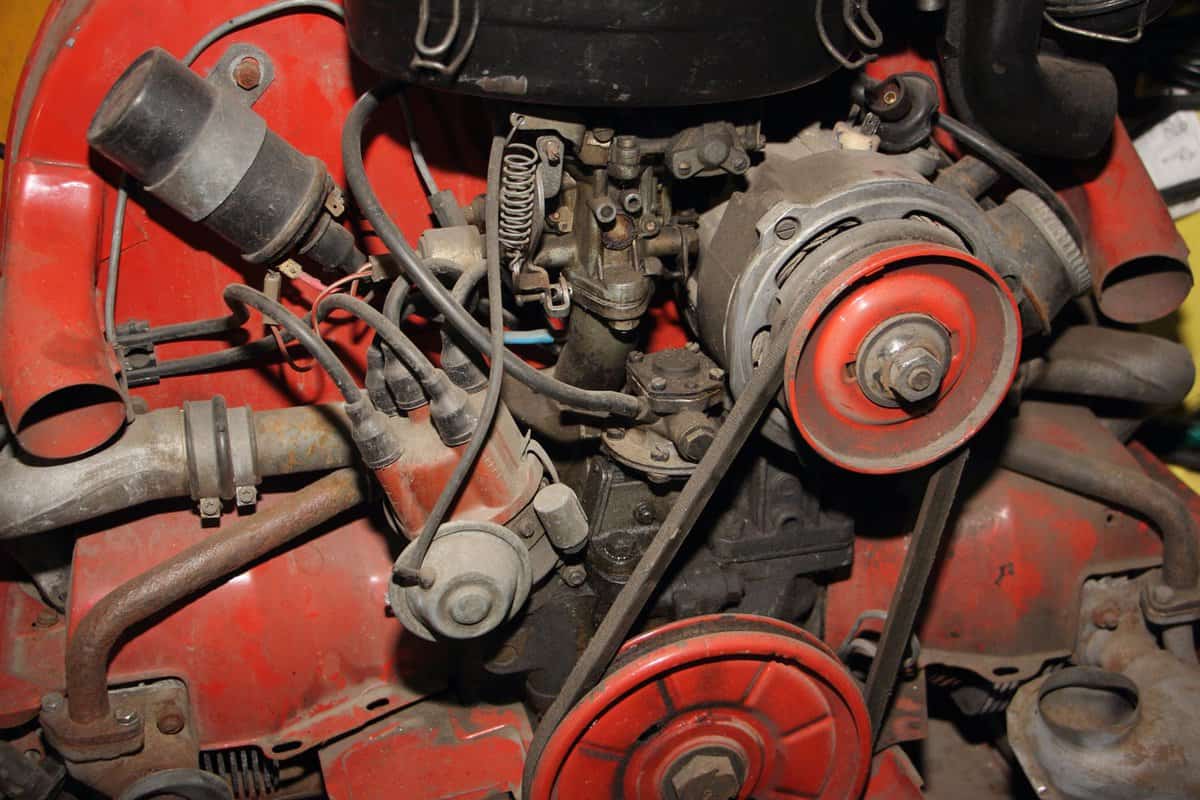
A hot coil can cause issues with your car's ignition system and lead to engine problems.
Here are some reasons why your classic car coil might be getting hot:
Worn-Out Coil
Wear and tear often causes ignition coil failure by degrading the insulation between primary and secondary coil windings. This reduced insulation causes overheating.
Read more: How Often Should Ignition Coils Be Replaced?
Poor Connections
If the connections between your coil and other parts of your car's ignition system are loose or corroded, this can cause the coil to overheat.
Faulty Spark Plugs
When spark plugs are damaged or worn, they can cause ignition coils to work harder and produce a higher output.
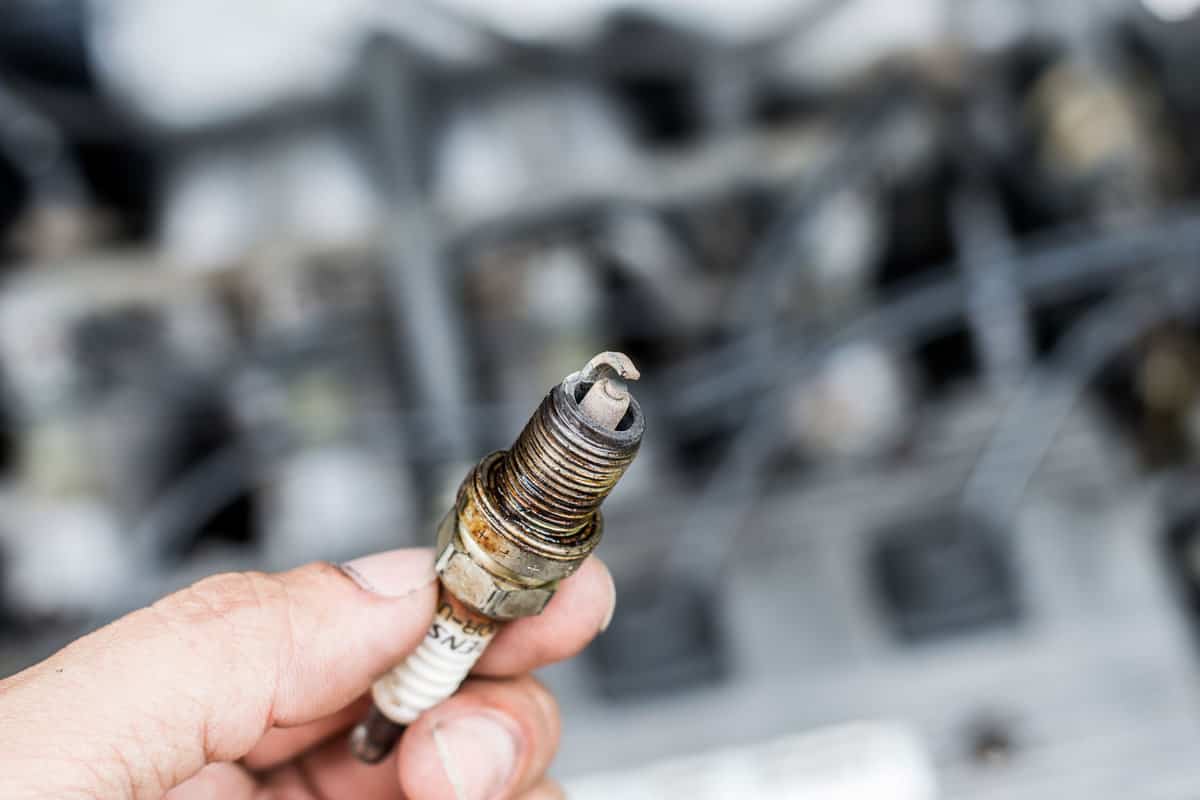
As spark plugs wear out, the gap between each spark plug widens, requiring the coil to deliver higher voltage, straining the coil and causing overheating and failure.
Overheating Classic Car Coil Symptoms
The symptoms below do not only entail a failing car coil, but they could also surface some other problems with your car's components.
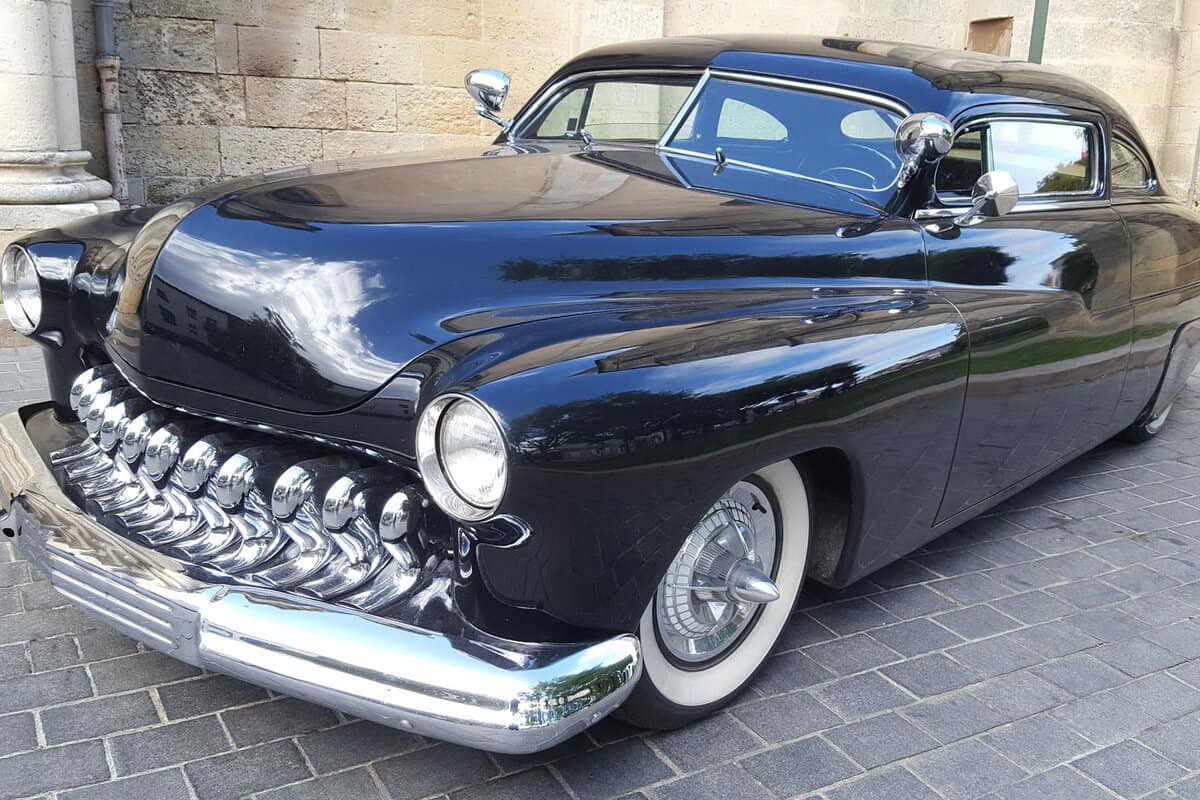
Hence, if you notice any of these signs, be sure to do a proper inspection, so you can ascertain the actual cause of your classic car coil getting hot.
Check Engine Light Illuminates
An overheating classic car coil can cause the check engine light to illuminate.
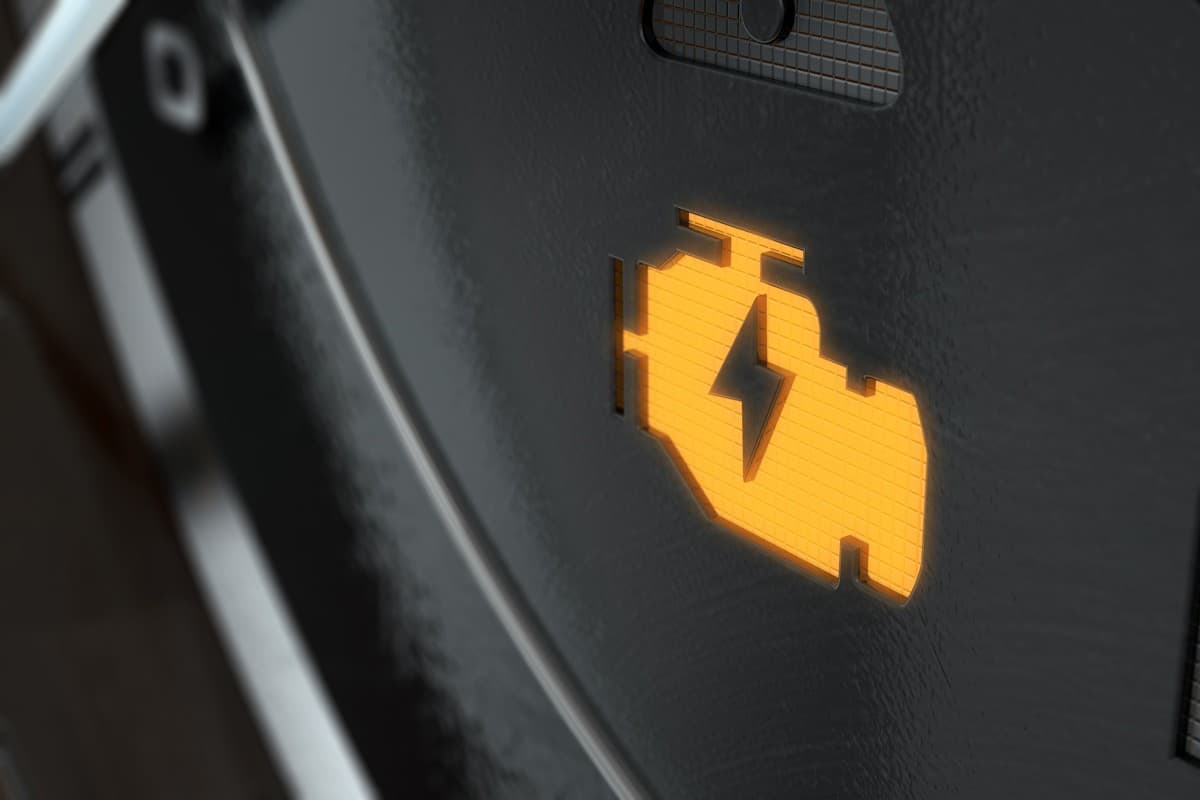
A faulty ignition coil can cause the engine to perform poorly, sending an incorrect signal to the central computer and triggering the check engine light.
When this happens, it is essential to check the condition of the ignition coil and the engine itself to identify the problem.
Reduced Fuel Efficiency
As the spark plugs and ignition coils work together, a failure in one can affect the other.
Faulty spark plugs can cause the engine to consume more fuel, resulting in poor fuel efficiency.
Misfiring and Stalling
Another symptom of an overheating classic car coil is misfiring and stalling.
An overheating ignition coil can cause irregular sparks to the spark plugs, leading to stalling or misfiring of the engine.
If left unaddressed, the engine may shut off completely or stop abruptly, which can cause significant and expensive damage to the car.
Difficult Starting
Finally, an overheating or faulty ignition coil may not supply enough power and electrical charge to the engine, making it difficult for the engine to start.
Insufficient sparks in the cylinders can cause the engine to crank but not start, leading to hard starting.
What To Do When My Classic Car Coil is Overheating?

If you notice any of the symptoms above, you need to stop driving and find a good spot to park your car.
Here are some steps you can take:
Check for Faulty Spark Plugs
Overheating ignition coils can be caused by faulty spark plugs.
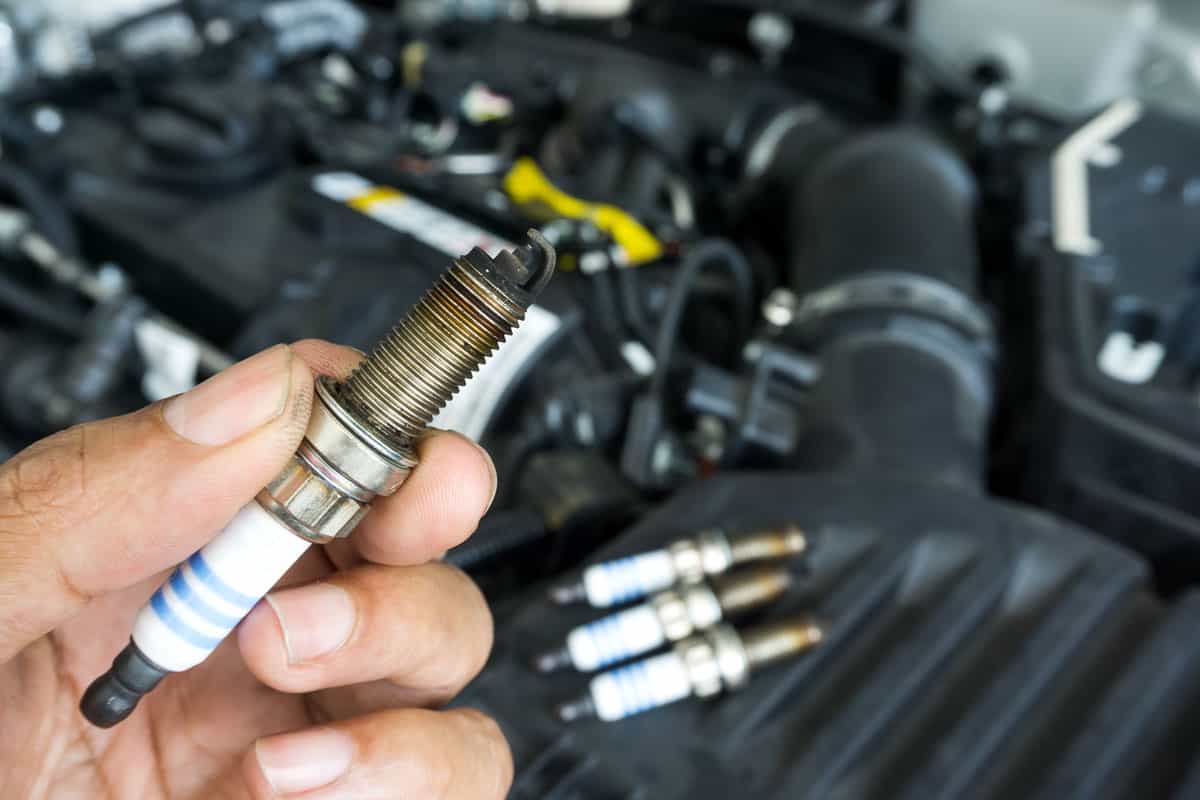
If your spark plugs are worn out or damaged, they may not be able to properly ignite the fuel in the engine, which can cause the coil to overheat.
Check your spark plugs and replace them if necessary.
Inspect the Ignition Coil
See if the ignition coil shows any signs of damage or wear.
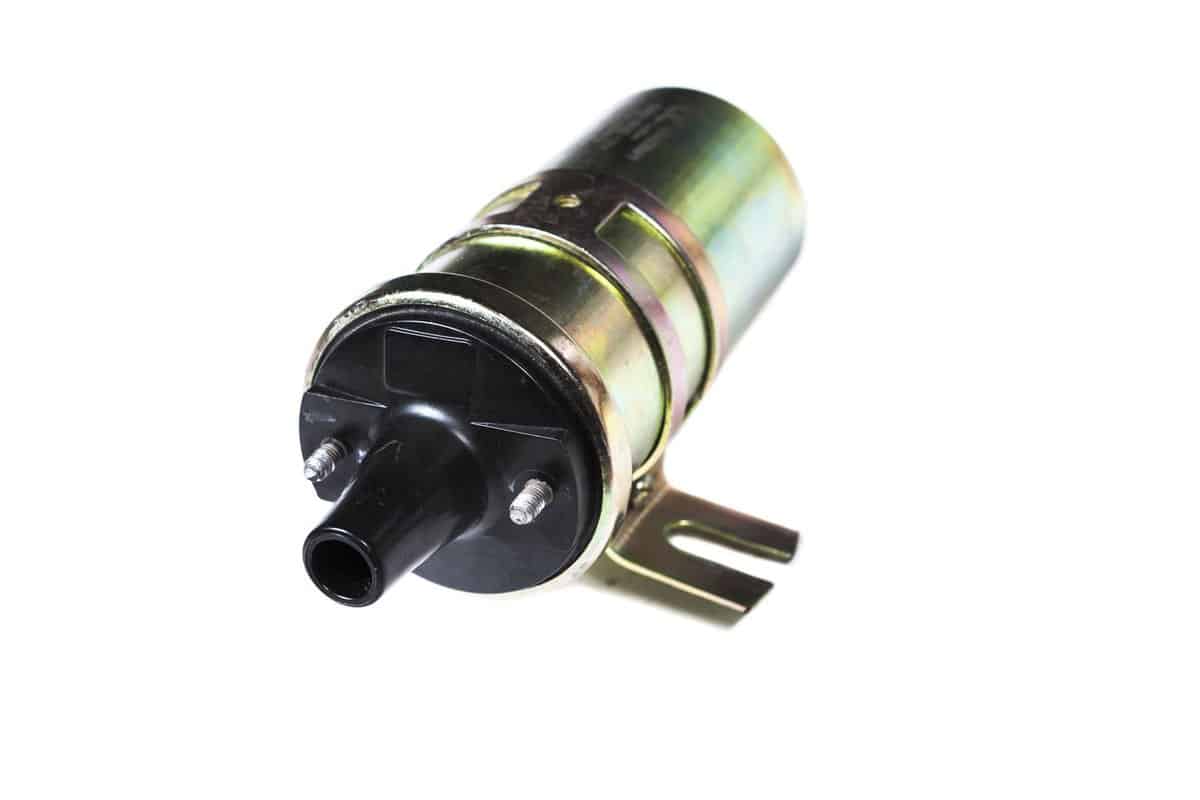
If the coil is cracked or corroded in any way, it may need to be replaced. You can also test the coil with a multimeter to see if it is functioning properly.
If you spot some issues, it will need to be replaced.
Read more: How Long Does It Take To Replace An Ignition Coil?
Install a Heat Shield
If your ignition coil is located in a particularly hot area of the engine, you may want to consider installing a heat shield.
A heat shield can help to protect the coil from excessive heat, which can help to prevent it from overheating.
Do Coils Fail When Hot?
When your classic car's ignition coil gets hot, it can cause a lot of problems. But does the coil actually fail when it gets hot?
The short answer is yes, coils can fail when they get too hot.
When a coil overheats, it can cause the insulation on the windings to break down, which can lead to short circuits and other problems.
Additionally, the heat can cause the coil's internal components to expand, which can cause them to shift and fail.
Is It Safe to Drive With a Bad Ignition Coil?
While it's technically possible to drive with a bad ignition coil, it's not recommended. Here's why:
Reduced Performance
A bad ignition coil can cause your engine to misfire, which will result in reduced performance.
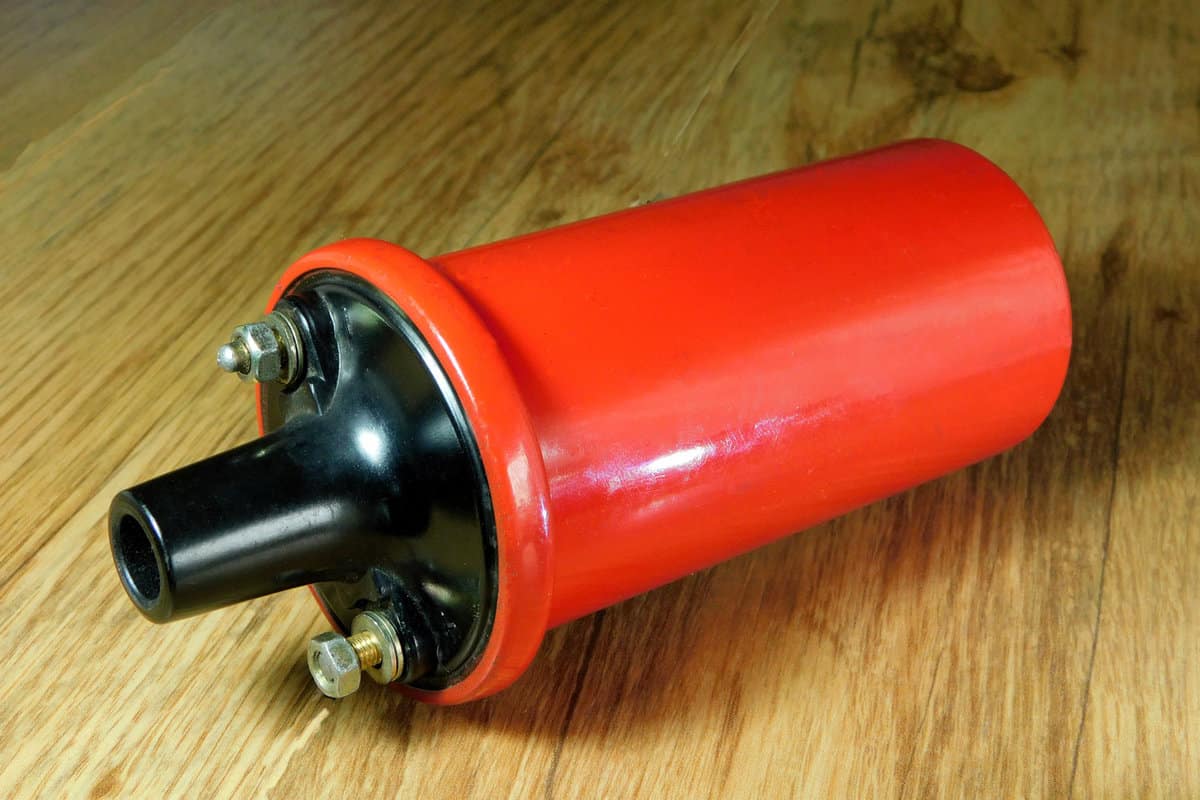
Your car may hesitate or stall when you try to accelerate, and you might notice a decrease in power.
Increased Fuel Consumption
When your engine misfires, it can also cause your car to consume more fuel.
This means you'll have to fill up more often, which can be expensive in the long run.
Damage to Other Components
A bad ignition coil can also cause damage to other components in your car.
For example, if your engine has been misfiring for a long-time, it can cause hydrocarbon buildup in the converter, causing it to clog and overheat.
Safety Concerns
Finally, driving with a bad ignition coil can be a safety concern.
If your car stalls or stops abruptly while you're driving, it can be dangerous, especially if you're on a busy road or highway.
Final Thoughts
By understanding the causes and taking the necessary steps to fix the problem, you can ensure that your car runs smoothly and efficiently.
Remember to always keep an eye on your coil and check for any signs of wear or tear.
If you're still experiencing issues, don't hesitate to seek the help of a professional mechanic.

Good Article